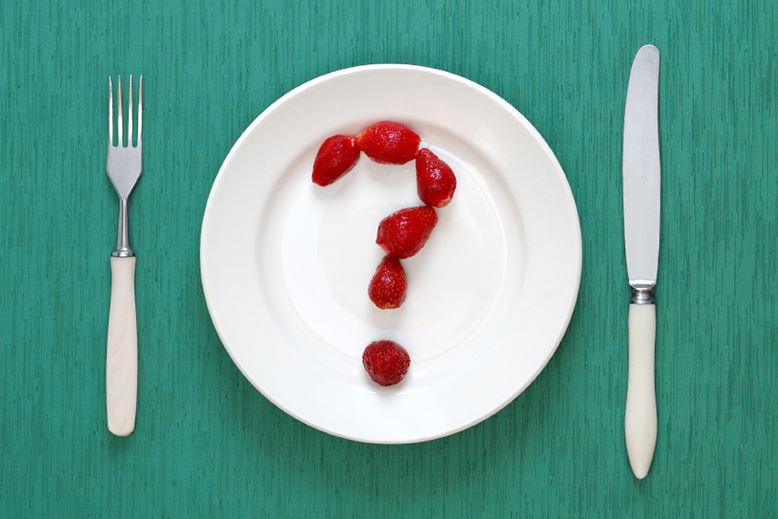Eating a healthy diet and drinking plenty of water each day is one of the best things to do for the body according to doctors. However, there are food and drinks that are sold in stores that appear to be healthy when they are really laden with chemicals and preservatives that are harmful. Because of this, it is important to know which of them are good for you and which ones are not.
Fruits and Vegetables
Always look for produce that is labeled as organic. It is grown without any pesticides or herbicides that can cause health problems. If organic produce isn’t available in your area, then you can wash it and peel it instead. Most of the chemical residue is only on the peelings, so removing them helps to reduce the amount of it that could get into the body.
Dairy Products
Cheese, yogurt, and other dairy products are important for building strong bones, but the residual hormones that are in the products can cause health problems. Cows are given hormone injections to increase their milk supply and the fat on their bodies. And the hormones get passed on in their milk. Choosing products that are labeled “hormone free” is a better option.
Water
Most stores carry several types of water that is supposedly shipped from all over the world. However, they are no more helpful to the body than plain old tap water from the faucet. Just be sure to filter the tap water with a charcoal water filter to remove any chlorine that is in it.
Snacks
Corn syrup and other types of sugar are hidden in a wide variety of food products, especially snack foods. Some companies also claim that their sources of sugar are “natural” to trick consumers into thinking that the product is healthy when it isn’t. That is why it is important to always read the labels of a product before you buy it. Choose only those that contain no added sugar at all.
By taking the time to look for better quality food items, you and your family can avoid harmful ingredients that can cause a wide variety of health problems. It helps to shop for groceries during times of the day when the stores are less crowded, such as early in the morning. Also, try to involve kids in the food shopping process if they come along. It will teach them more about nutrition, so they can learn to make better food choices for themselves as they get older.
Emma Sturgis
Recent Posts
- Castor Oil For Better Hair Growth: Is It Myth Or Fact?
- Exploring the Differences Between Sermorelin, Ipamorelin, Ibutamoren, GHRP2, and GHRP6: Understanding Their Role in Human Growth Hormone Regulation
- Unraveling the Mystery: Understanding the Causes and Prognosis of Ventricular Tachycardia Without Apparent Heart Disease
- Understanding Grandparents’ Rights in Oklahoma: Navigating Visitation and Legal Protections
- 10 Reasons to Consider Hypnotherapy for Your Health

